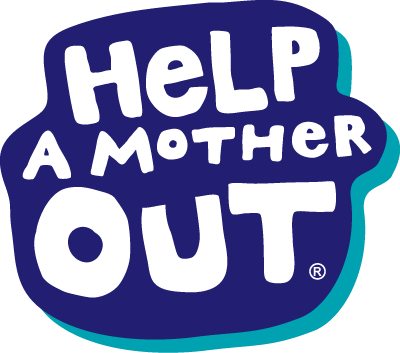Today is the 100th anniversary of International Women’s Day. According to the Huffington Post, the day “has roots in the American Women’s Suffrage Movement and is now celebrated by individuals, organizations and nations around the world.”
This year’s theme is access. “Equal access to education, training and science and technology: Pathway to decent work for women.”
We talk a lot about diapers here. The dire need for them, raising funds for them, distributing them to families in need. I can’t speak for our other contributors and volunteers, but for me, this work is not just about diapers. Because we’re not just raising diapers, out of a love of handling thousands of packs of diapers.
When you increase a family’s access to education, healthcare and basic needs (read diapers, food), you are empowering caregivers, an overwhelmingly majority of whom are women. The more likely a woman is educated, the less likely she and her family will live in poverty. Watch The Girl Effect if you haven’t already.
E.D. Kain recently wrote in Forbes:
“In America this is also true. Impoverished, low-income areas are going to produce low-achieving students, generation after generation. To tackle poverty you need to give people – and especially women – a good education. But to give people a good education, you need to tackle poverty. One way to do this is to make sure everyone, and especially mothers and children, have access to healthcare – something America has been decidedly behind the rest of the world in doing.”
To some, raising diapers might just be about bringing diapers to families less fortunate. But when we dig a little deeper we’ll realize that it isn’t just about the diapers.
We’ve witnessed young children unable to fully participate in early childhood development programs, because their family could not afford to send them to school with diapers. We’ve seenmoms work hard to advance their education, yet run out of diapers towards the end of the month. We know drugstores lock up diapers and infant formula in some parts of the inner city. Food desertsexist. We’ve heard more than a few stories of caregivers having no choice but to steal diapers, getting caught, and sentenced to jail. High poverty rates among women and children are alive and well and it boils down to access to resources – including basic needs and education.
“Overcoming poverty is not a task of charity, it is an act of justice. Like Slavery and Apartheid, poverty is not natural.” ~Nelson Mandela
Access.
Increasing access to diapers and other basic human needs is a social justice issue. It is a women’s issue and a question of gender equality. Diaper need is an indicator that while we’ve come a long way, there’s much more work to be done.
How about you? Do you think we’ve come a long way? What does International Women’s Day mean to you?
Photo credit via Creative Commons 2.0: http://www.flickr.com/photos/epsos/4474873848/

